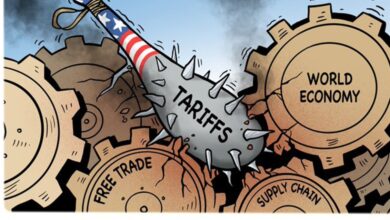GMIS 2023: 360 MoUs Signed with Proposed Investment of Rs 10 Lakh Crore

GMIS 2023: 360 MoUs Signed with Proposed Investment of Rs 10 Lakh Crore
The Global Maritime India Summit (GMIS) is a prestigious global platform that brings together industry leaders, policymakers, innovators, and experts to discuss and shape the future of manufacturing and industrialization.
In the year 2023, GMIS made headlines by facilitating the signing of 360 Memoranda of Understanding (MoUs) with a proposed investment of over Rs 10 lakh crore, marking a significant milestone in the world of industrialization and manufacturing.
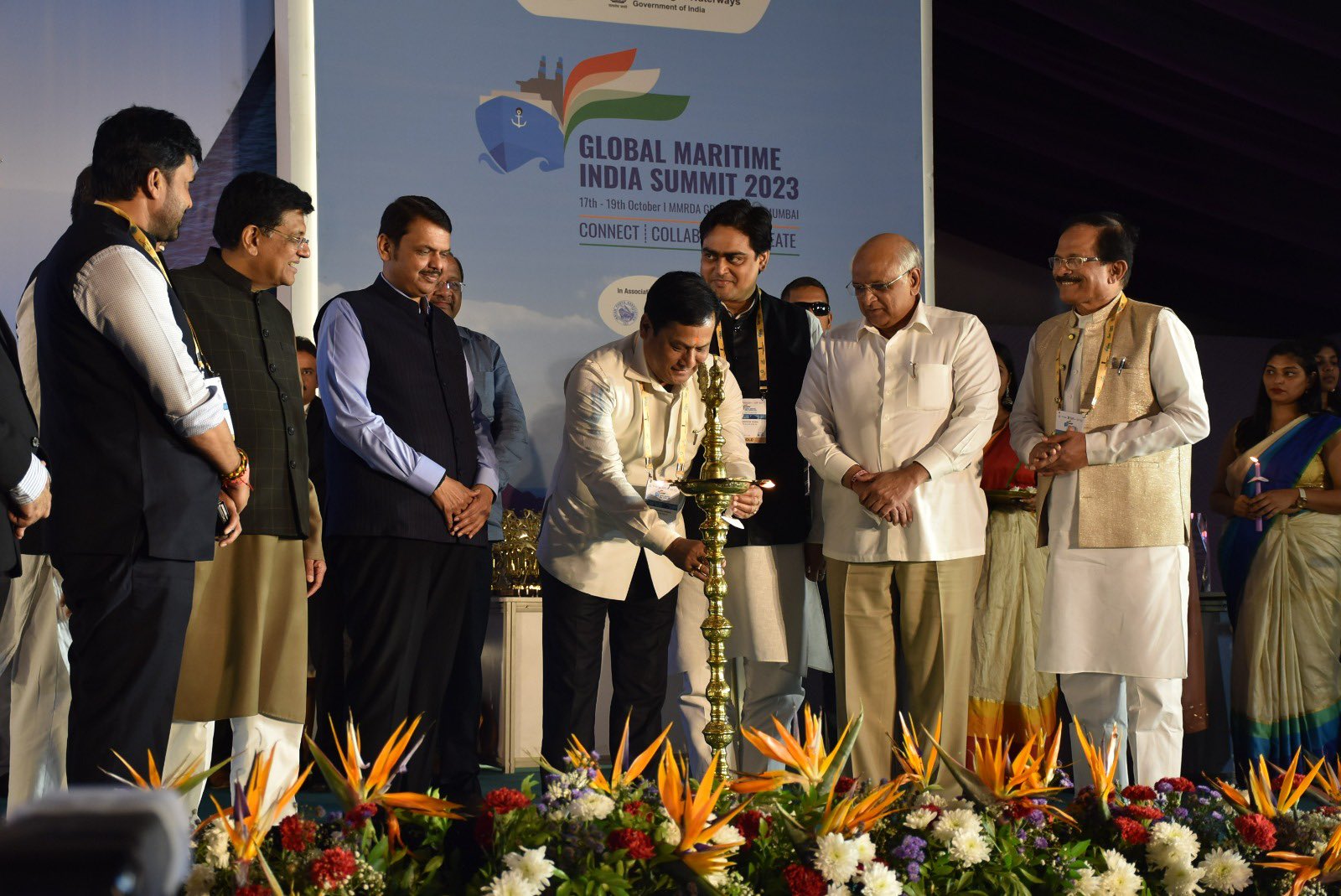
GMIS was established in 2016 to address the challenges and opportunities associated with the Fourth Industrial Revolution.
This biennial event has since become a catalyst for global industrial transformation, facilitating partnerships, fostering innovation, and promoting sustainable industrial development.
One of the biggest maritime conferences, the Global Maritime India Summit (GMIS) 2023, witnessed proposed investments totaling almost Rs 10 lakh crore during the course of the three-day event.
The third edition of the GMIS, according to the Indian government, took a big step towards realising Prime Minister Narendra Modi’s “Amrit Kaal Vision 2047,” which calls for an investment of Rs 80 trillion to enhance the marine sector by 2047.
Dharmendra Pradhan, the Union Minister of Education, Skill Development, and Entrepreneurship, stressed the need of giving sailors a more accommodating and friendly work environment in the post-pandemic age.
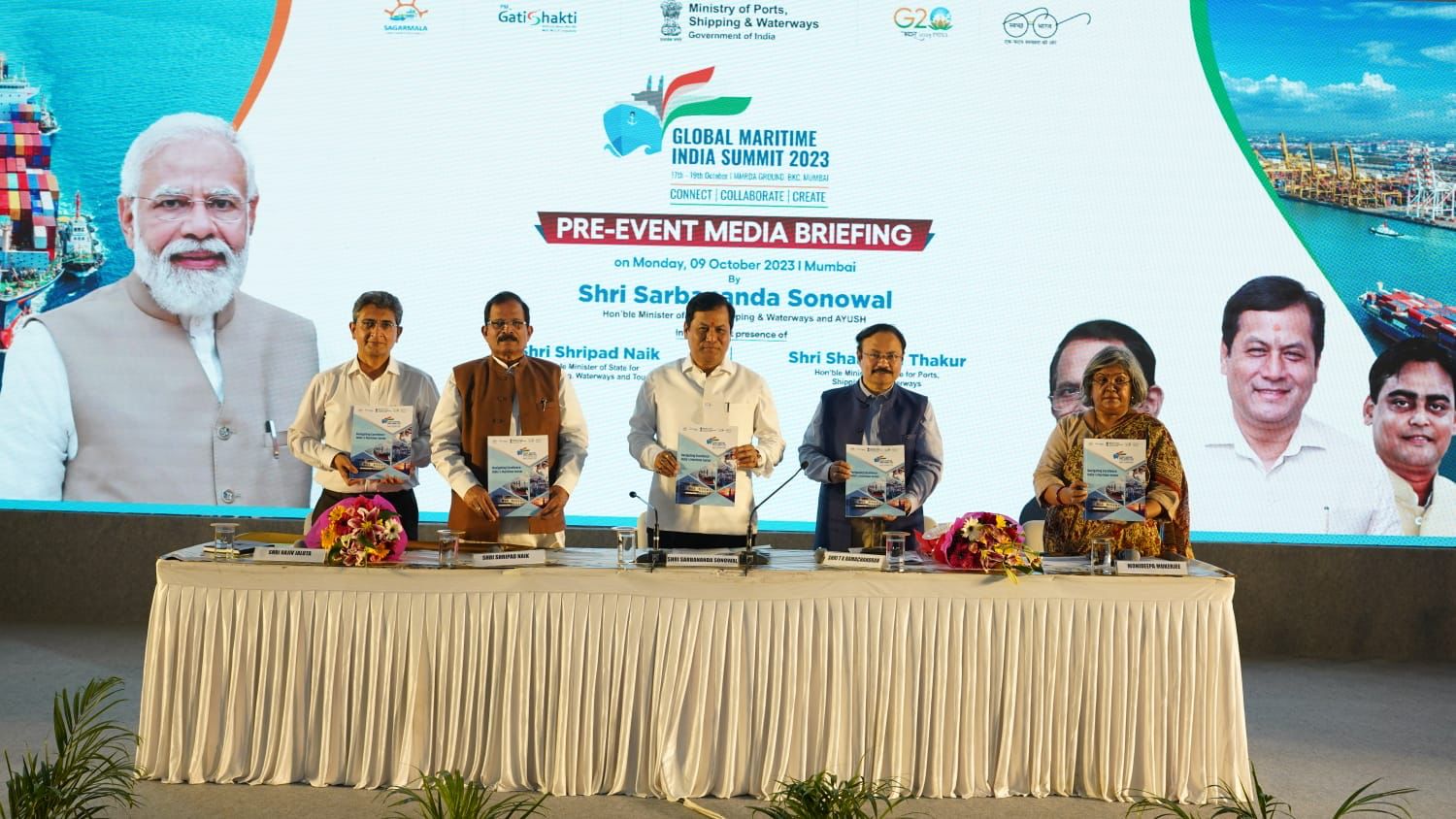
Earlier, Prime Minister Narendra Modi launched the GMIS 2023, laying the cornerstones for 21 projects worth Rs 18,800 crore and signing 34 memorandums of understanding (MoUs) totaling Rs 3.24 lakh crore. This comprised projects for port development and modernization costing Rs. 1.1 lakh crore and Rs. 1.8 lakh crore for green projects.
The summit serves as a platform for industry stakeholders to collaborate, share knowledge, and leverage emerging technologies to advance manufacturing and industrialization.
The signing of 360 MoUs during GMIS 2023 represents a remarkable achievement for the global manufacturing and industrialization community.
These agreements encompass a wide range of sectors, from traditional manufacturing to cutting-edge technology. They demonstrate the commitment of governments, businesses, and organizations from around the world to work together to drive economic growth, innovation, and sustainability.
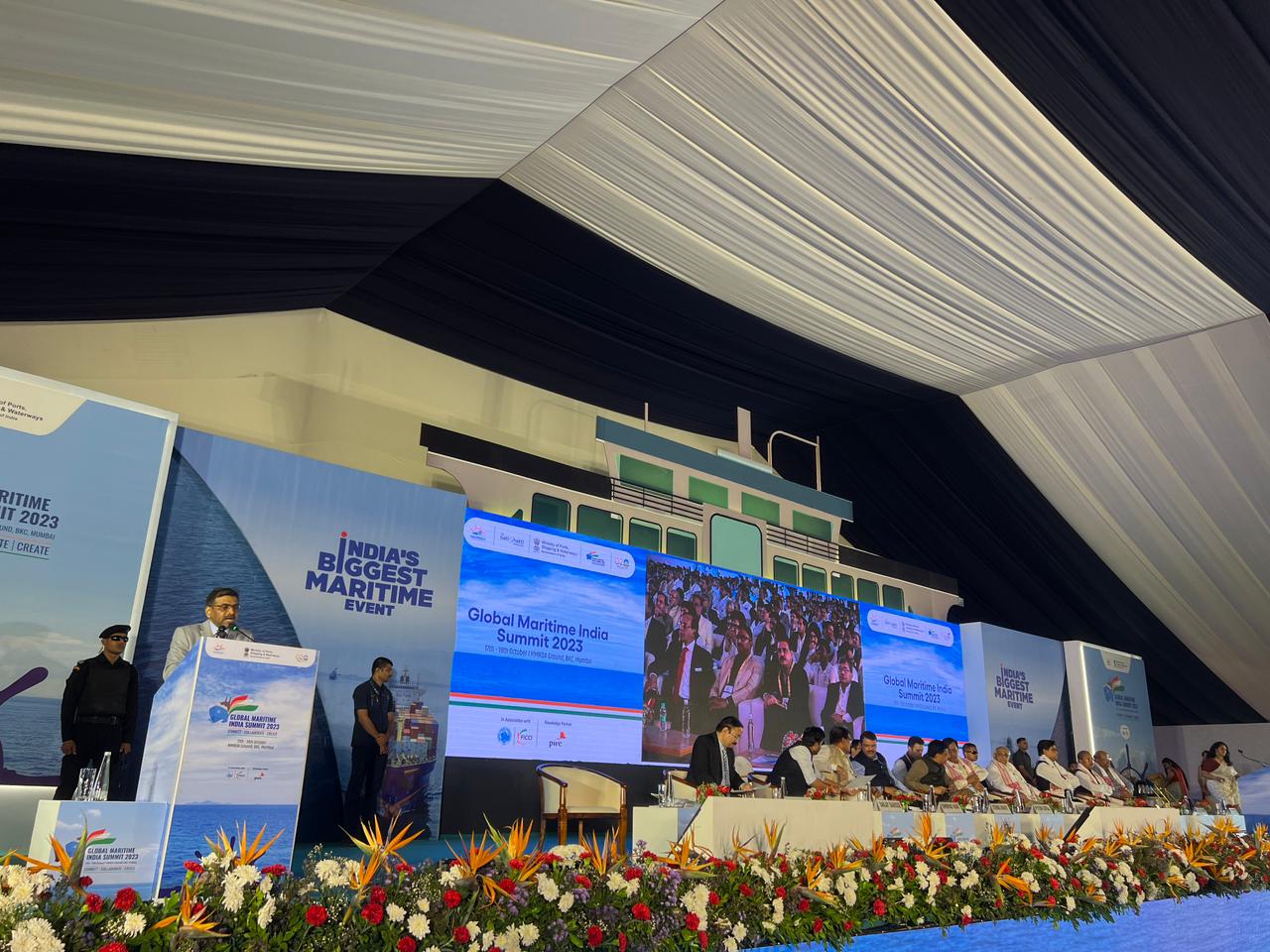
The MoUs cover a wide spectrum of sectors, including automotive, aerospace, renewable energy, healthcare, electronics, and more.
This diversity highlights the interconnectedness of global industries and the need for collaborative solutions to address complex challenges.
Many MoUs involve the adoption of advanced technologies such as artificial intelligence (AI), robotics, 3D printing, and the Internet of Things (IoT). This reflects the growing importance of digitalization and automation in modern manufacturing.
A significant number of agreements focus on sustainability and environmental responsibility. These commitments underscore the global shift toward eco-friendly manufacturing practices, resource efficiency, and the reduction of carbon emissions.
The proposed investment of over Rs 10 lakh crore demonstrates the financial commitment of both public and private sectors to drive economic growth and job creation. This substantial investment is expected to spur economic development in regions where these projects are undertaken.
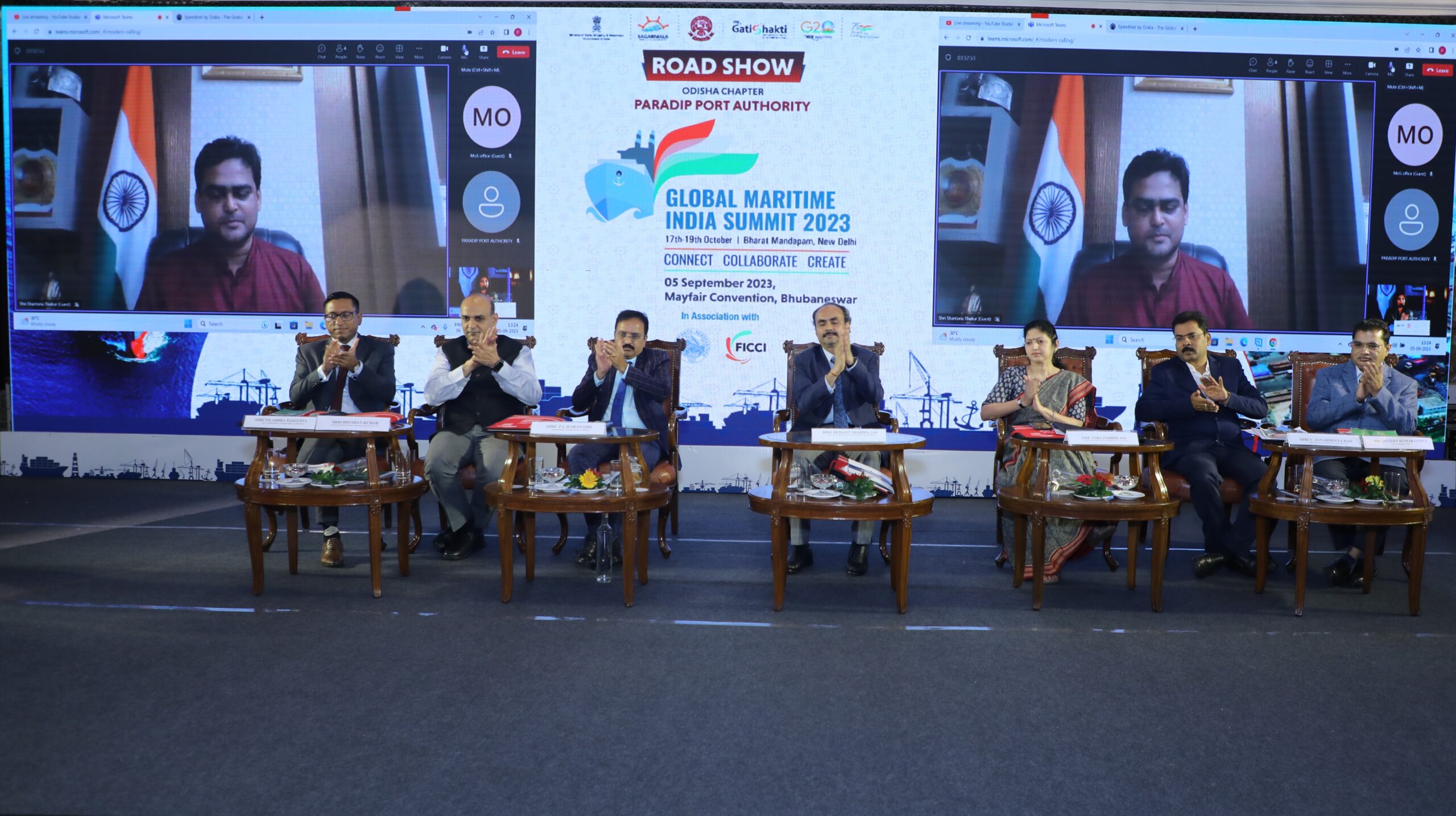
One of the key outcomes of these agreements is the potential for job creation. As industries expand and new technologies are adopted, there will be a growing demand for skilled workers, providing opportunities for employment and skills development.
The signing of MoUs also has the potential to stimulate regional development. Investment in manufacturing and industrialization can lead to the development of infrastructure, improved connectivity, and the growth of local businesses.
While the signing of 360 MoUs is undoubtedly a positive development, it is essential to acknowledge and address challenges that may arise during the implementation of these agreements.
Companies and governments must navigate complex regulatory environments when undertaking large-scale industrial projects. Ensuring compliance with local laws and international standards is crucial.
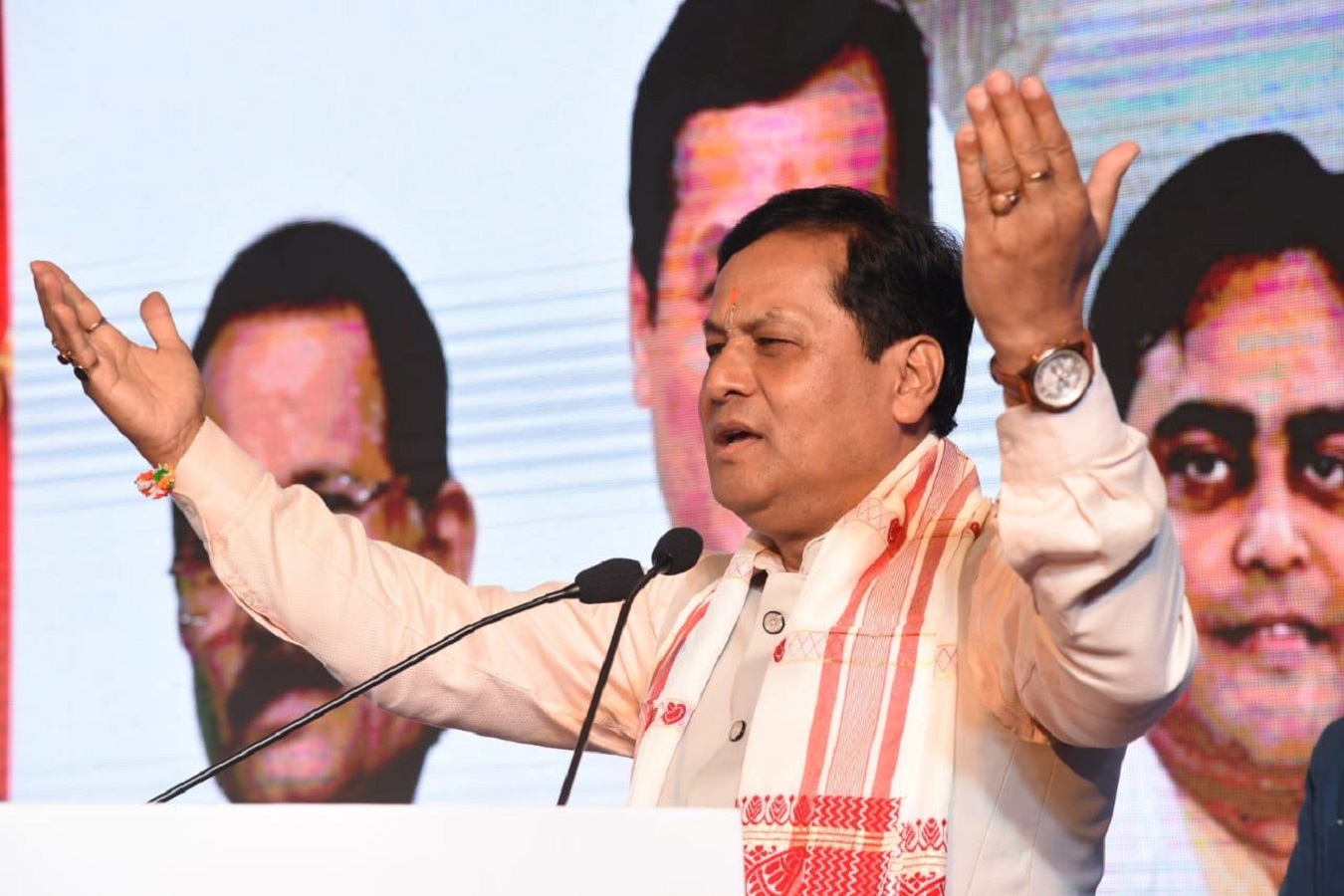
The successful integration of advanced technologies can be a complex process, requiring investment in research and development, training, and infrastructure.
Sustainable industrialization is essential, and mitigating the environmental impact of industrial projects should be a priority. This includes addressing issues such as pollution, waste management, and resource conservation.
The adoption of advanced technologies may require a workforce with new skills and competencies. Governments and businesses should invest in education and training programs to upskill the workforce.

GMIS 2023’s achievement of facilitating 360 MoUs with a proposed investment of over Rs 10 lakh crore is a testament to the global commitment to advancing manufacturing and industrialization. These agreements encompass a diverse range of sectors, with a strong emphasis on technology adoption and sustainability.
As these MoUs are implemented, it is essential for stakeholders to address challenges and ensure that the projects are carried out responsibly and sustainably. By doing so, GMIS 2023’s legacy will extend beyond the signing of agreements, contributing to global economic growth, innovation, and a more sustainable future for manufacturing and industrialization.

